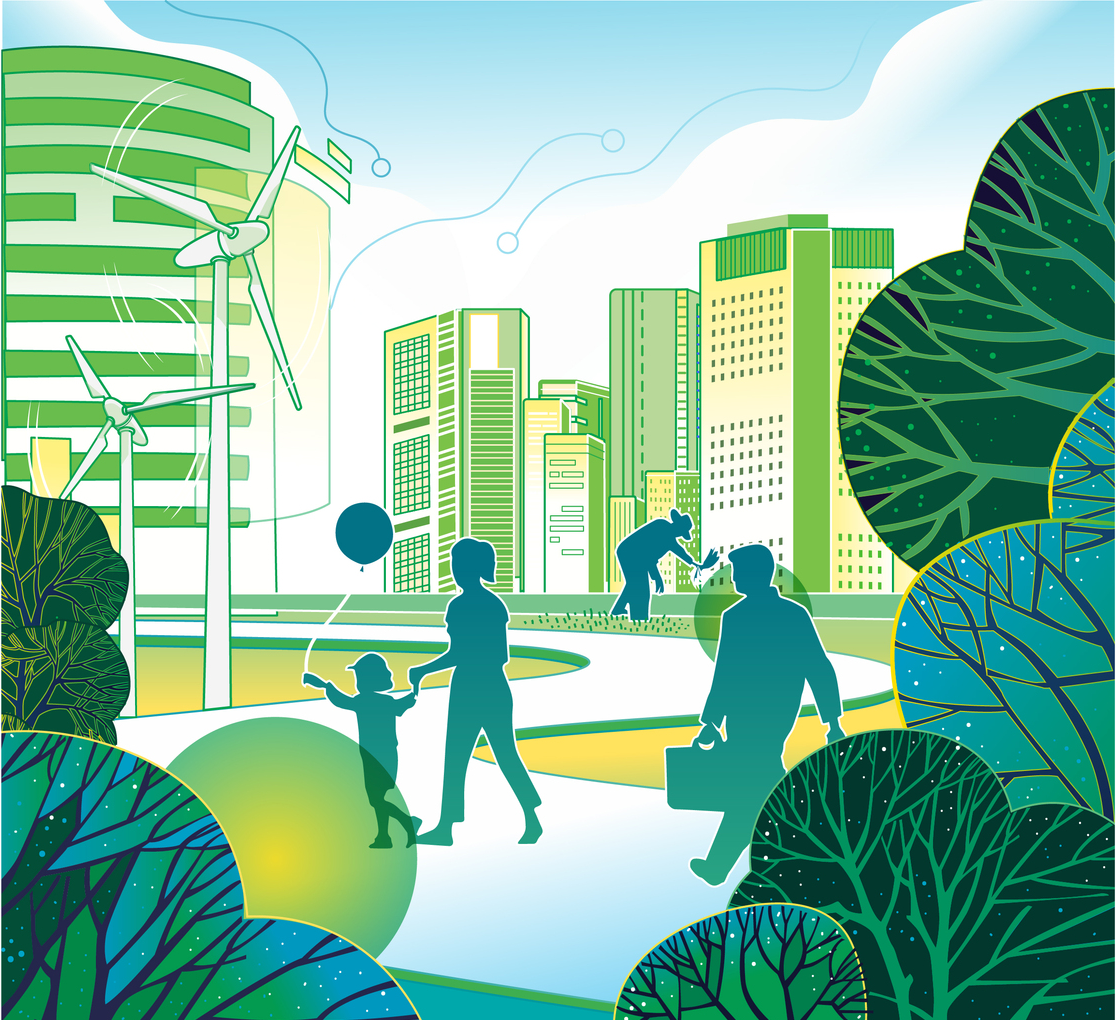China's sustainable investing shows no sign of letting up
By Paras Anand and Flora Wang | China Daily | Updated: 2020-08-03 09:46

A cleaner shade of green
Chinese green bond proceeds more than tripled from March to $2.6 billion in April, accounting for about 16 percent of global total, according to Climate Bonds Initiative data.
For global investors eyeing China's ESG opportunities, the gap between Chinese and European green bond standards remains a key concern. For example, China has set no carbon emission thresholds for issuers, whereas European regulators have specified emission limits.
Progress is being made toward harmonizing the standards. In May, China's central bank proposed to remove so-called clean coal, which involves a purifying process to boost fuel efficiency, from its green bond definition. In Europe, fossil fuel activities are generally excluded under green finance rules proposed in 2018 and enacted this year.
For Chinese policymakers, removing loopholes for clean coal represents a bold move given the country's heavy reliance on coal-fired electricity production, which accounts for more than half of nationwide energy use, compared to about one-tenth today in the United States.
As it further opens financial markets to foreign investors, China could do more to capture a rise in global demand for green bonds. Greater harmonization of standards should help to fund not only domestic growth, but also many of the overseas projects that China is keen to promote, including those under the Belt and Road Initiative.
Meanwhile, boosting infrastructure investment is one of China's key responses to the pandemic. While traditional concrete pouring is expected to feature prominently in the building boom, the authorities are encouraging greener projects like recycling, waste and water treatment and energy-saving facilities. Directing more funds toward green infrastructure could bring long-lasting benefits beyond stimulating the current economy.
The idea of boosting consumer spending in a greener way has also found its way into government stimulus experiments in the wake of the outbreak. Discount coupons for buying electric vehicles were handed out to residents in the southeast city of Ningde in May, while officials of the northwest city of Xining distributed so-called "green coupons "starting from June, which could be used at merchants deemed environmentally friendly by the government.
























